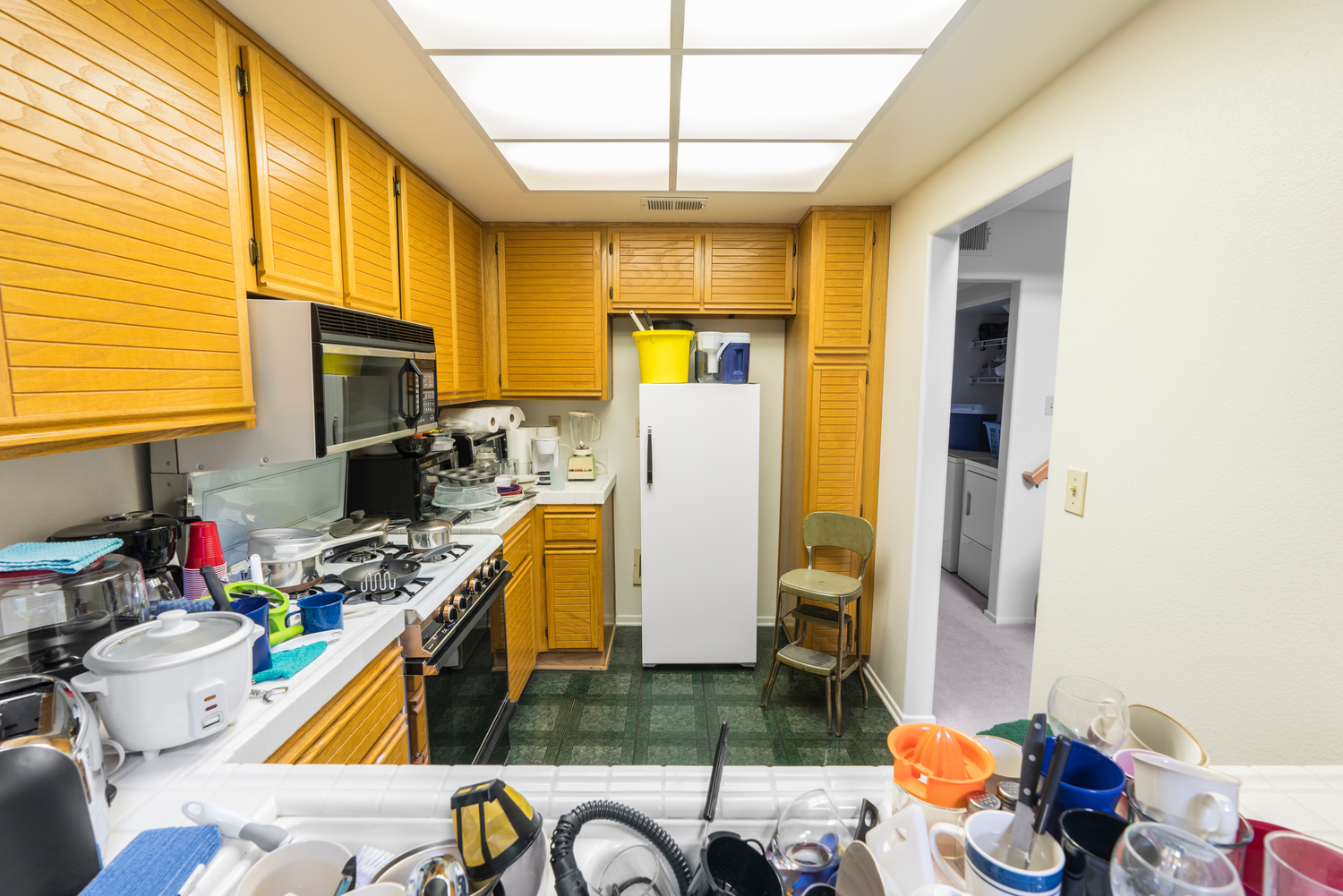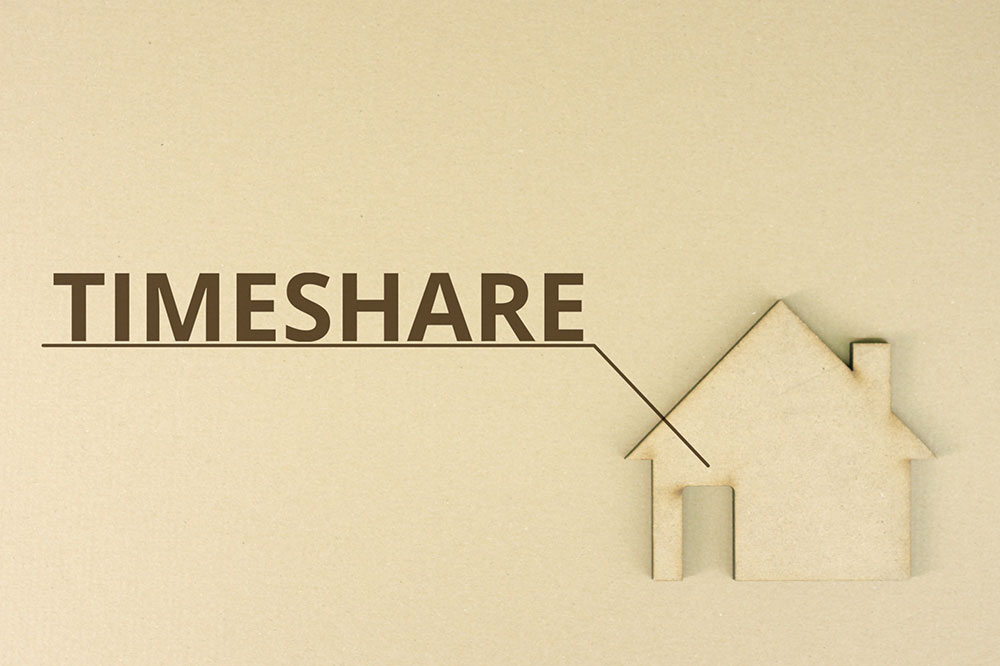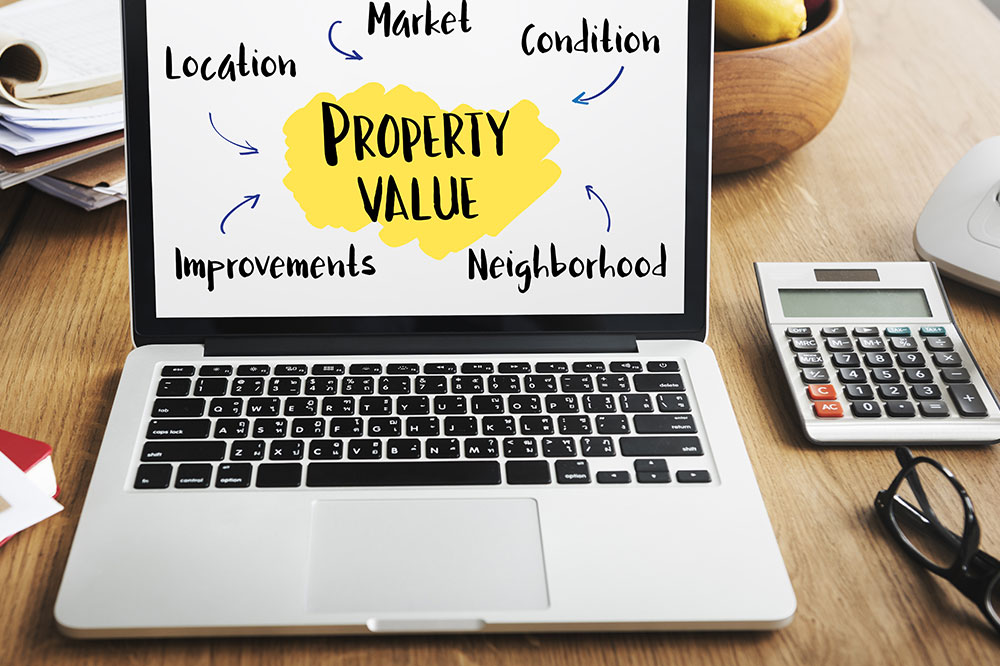Comprehensive Guide to Selling Your Unattractive Property to We Buy Ugly Houses
Learn the detailed process of selling your unattractive or distressed property to We Buy Ugly Houses. This comprehensive guide covers qualification criteria, the steps involved, valuation methods, and pros and cons, helping homeowners make informed decisions when facing property challenges. Perfect for those seeking quick cash solutions for difficult-to-sell homes, this article explores the entire process from initial contact to final payment, ensuring you understand what to expect and how to maximize your benefit amidst challenging circumstances.

Understanding How to Sell Your Unattractive Home to We Buy Ugly Houses
Are you contemplating the possibility of selling a property that’s in poor condition or located in an undesirable area? If so, you might wonder if there are companies willing to purchase such homes. One prominent company specializing in buying homes in less-than-ideal condition is We Buy Ugly Houses. Their business model is designed to help homeowners sell properties that traditional buyers often overlook due to their condition or location. If you’ve consistently seen their billboards or advertisements but aren’t entirely sure how their process works, this comprehensive guide will shed light on their operating procedures, benefits, and what to expect from beginning to end.
In this article, we will explore the typical process involved when selling an unattractive property to We Buy Ugly Houses, what types of properties qualify, how valuation works, and whether this might be the best solution for your specific circumstances. Whether you’re struggling financially, dealing with inherited property challenges, or simply have a home that needs extensive repairs, understanding this process is crucial before making any commitments.
Defining an Unattractive Property: What Qualifies?
Many homeowners wonder what precisely makes a property suitable for purchase by We Buy Ugly Houses. It’s not solely about aesthetics; the term “ugly” encompasses a range of structural issues, location disadvantages, or situational problems that make traditional sales difficult or unfeasible. Properties that fall into this category often share common characteristics, including but not limited to:
Homes with significant structural damages such as foundational issues, extensive termite infestation, or severe water damage
Properties situated in undesirable or less accessible neighborhoods, which scare away typical buyers
Houses tied to emotional or financial distress, such as divorce, foreclosure, or bankruptcy
Properties with problematic mortgages, liens, or title issues that complicate traditional sales
Homes that are physically outdated or exhibit signs of neglect, including very old properties or those affected by extensive weather-related damage like roof leaks or water infiltration
Foreclosed homes controlled by banks, often needing repairs before resale
Inherited houses that contain problem tenants or complex legal entanglements
Understanding this broad definition helps homeowners determine whether their property’s state aligns with what We Buy Ugly Houses typically purchase. If your home matches any of these descriptions, this method could provide a faster, more straightforward way to sell.
The Step-by-Step Process of Selling to We Buy Ugly Houses
Curious about how the process unfolds? Here’s a detailed breakdown of each step involved when working with this company:
Initial contact and property details submission: You can reach out to We Buy Ugly Houses via their official website or by phone. You’re required to provide basic information about your property, including its size, age, condition, and exact location. This initial step often involves answering a few straightforward questions to help them assess whether your property qualifies for their program.
Scheduling a property inspection: After the initial information is submitted, the company will typically schedule an inspection within 24 hours. This inspection is conducted by a local representative or inspector who evaluates the property’s condition firsthand. During this visit, they assess repair needs, structural issues, and overall value impressions.
Receiving a cash offer: Following the property assessment, We Buy Ugly Houses provides you with a no-obligation cash offer. Importantly, this offer is usually non-negotiable upfront, allowing you to make an informed decision without any pressure. If you accept, the process moves forward; if not, you’re free to decline without any obligations.
Agreeing on the sale and closing: Should you decide to accept their offer, you will coordinate a closing date that works for you. One of the advantages of selling to We Buy Ugly Houses is the flexibility; because they often avoid traditional bank financing, the closing process tends to be quicker and more predictable. You will need to sign a purchase agreement, which formalizes the sale.
Receiving your payment: Once the closing process is complete, the company typically pays you in cash within two to five weeks. Many sellers appreciate this quick turnaround, especially when they need fast cash or want to avoid lengthy negotiations involved with traditional real estate transactions.
Valuation: How Much Will You Receive?
The valuation process centers around the property’s after-repair value (ARV), which estimates how much the home could sell for after necessary repairs are completed. We Buy Ugly Houses generally aims to purchase homes at a discount—often around 50% to 70% of the ARV—ensuring that they can make a profit after fixing the property. This approach follows the common industry rule known as the 70% rule, which suggests paying no more than 70% of ARV minus repair costs to maintain profitability.
However, the actual offer can vary depending on several factors, including the severity of damage, location, and repair estimates. For instance, if repairs are extensive, the company might offer on the lower end of the spectrum. It’s important to keep in mind that the goal of We Buy Ugly Houses is to facilitate quick sales by offering a fair, though often below-market, price for properties that are challenging to sell traditionally.
Is Selling to We Buy Ugly Houses Right for You?
Deciding whether to sell your home to We Buy Ugly Houses depends on your unique circumstances. If you’re facing financial hardship, such as imminent foreclosure, or if your property is inherited and difficult to manage, this approach can save time and reduce stress. It’s crucial, however, to perform due diligence before proceeding to avoid potential scams or unfavorable deals.
The company is generally reputable, with numerous positive reviews and industry awards supporting their reliability. Still, buyers should be cautious and fully understand the terms involved. Comparing their offer with other options, including traditional sales or listing with a real estate agent, can help you make an informed decision.
Pros and Cons of Selling Your Ugly House to We Buy Ugly Houses
The benefits of working with this company include:
Speedy transaction process; closing within weeks instead of months
They cover all closing costs, reducing your out-of-pocket expenses
Ability to sell homes in any condition, regardless of repairs needed
Streamlined, hassle-free process suitable for urgent situations
However, there are some drawbacks to consider:
Offers are typically below market value, reflecting repair costs and risk factors
In conclusion, selling an unattractive property to We Buy Ugly Houses can be an excellent solution for homeowners needing quick cash or facing difficult property issues. Always review all documents carefully, conduct your own research, and consider consulting a real estate professional before making the final decision to ensure you’re getting the best possible deal. This method isn’t suitable for everyone, but it provides a viable and efficient alternative to conventional home sales, especially for distressed or problematic properties.





